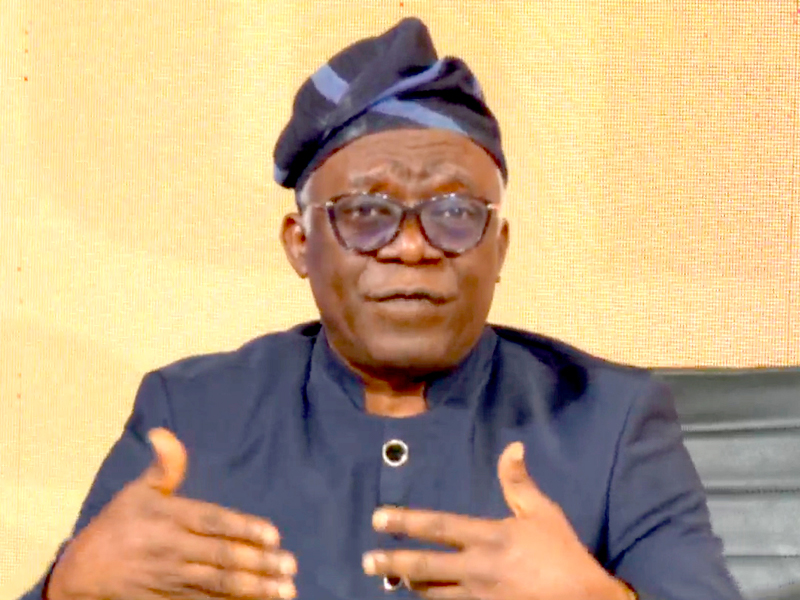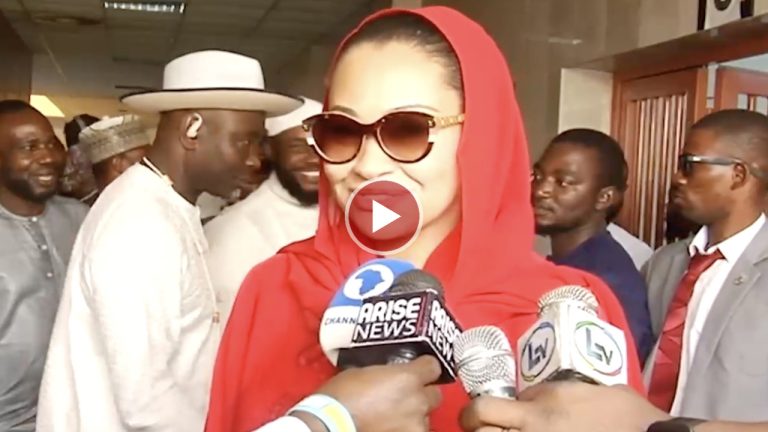
Human rights lawyer, Femi Falana, has stated that late environmental rights activist, Ken Saro-Wiwa and eight other sons of Ogoniland executed by the military regime of General Sani Abacha in 1995, did not commit the crime for which they were accused, convicted and murdered.
Falana spoke as keynote lecturer at the Ken Saro-Wiwa 30th Memorial Lecture held at the Banquet Hall of Hotel Presidential, Port Harcourt, on Friday.
Reflecting on the crisis that erupted in Ogoniland in the 1990s over environmental devastations caused by the oil exploration activities of Shell Petroleum and Development Company (SPDC), Falana, who spoke on the theme, “Ken Saro-Wiwa -The Man, His Legacies, Struggles and Challenges”, explained that the Nigerian State, under General Abacha, in its desperation to incriminate Saro-Wiwa and permanently silence him and his group, used its head of task force, Paul Okutimo, to murder four Ogoni chiefs and falsely accused Ken and his men of committing the crime.
“Ken and his comrades did not commit murder, please take it from me. What happened was that the Nigerian State decided, ‘we’re going to deal with MOSOP led by Ken’ and the only way to do it is to allow Shell to continue to exploit your resources, no reaction, no objection, and to charge your leaders for murder. The Abacha murderous junta had one Paul Okutimo, the head of task force. Then the Nigerian State got quandary instigated by them, paid by them to kill the four leaders, Kobani and others. It was the Nigerian State that killed them.
“Before any commencement of investigation, Paul Komo, the then military governor, said publicly: ‘We’re going to hold Ken and other MOSOP leaders for the murder that took place in Yogbo. They (Ken and his men) were not there. Their (federal government’s) own boys killed the four leaders. But the governor announced: ‘We’re going to hold (MOSOP) leaders vicariously liable.’ There’s no vicarious liability in criminal offence. If you commit a crime, If you commit an offence, you’re dealt with. You cannot hold me responsible for the alleged offence of my son; that’s not enough but that’s what happened in Ken Saro-Wiwa’s case”, Falana explained.
The legal luminary further revealed that efforts by Ken Saro-Wiwa’s defence team to present a recorded tape of the incident to the court to prove that the accused MOSOP leaders were innocent of the murder charge and victims of a pre-meditated trial were quashed by the court, as part of the Nigerian State’s conspiracy.
“For the tape at the trial, we were going to tender it, to say, ‘this case, you want to kill these people in a pre-meditated manner.’ So we applied to tender the tape. This was a defining moment for the tribunal. When we offered to tender the tape, the tribunal rose to consider and to consult. And they were told, ‘If you allow the tape to go in, that is the end of our case.”
Falana said it was at this stage that the tribunal, led by Justice Auta, ruled against the presentation and playing of the tape, and went ahead to hurriedly convict and execute Ken Saro-Wiwa and the other eight Ogoni environmental activists.
Commending the organisers of the 30th anniversary Ken Saro-Wiwa lecture, Falana, a senior advocate of Nigeria (SAN), said the only way to honour the late environmental activist was for Ogoni people to unite and collectively sustain the struggle until justice was achieved.
In her brief speech earlier, Caroline Nagbo, an Ogoni activist, said the killing of Ken Saro-Wiwa and the other MOSOP leaders was a political decision by the Nigerian State, even under the military.
“If Nigeria knew that the killing of Ken (Saro-Wiwa) will lead to the death of Shell, they would have taught better,” she said, regretting, however, that the marginalisation of the Ogoni people had continued till date.
The event featured goodwill messages from prominent Ogoni citizens, activists, traditional rulers, academics and stakeholders.
Blessing Ibunge


